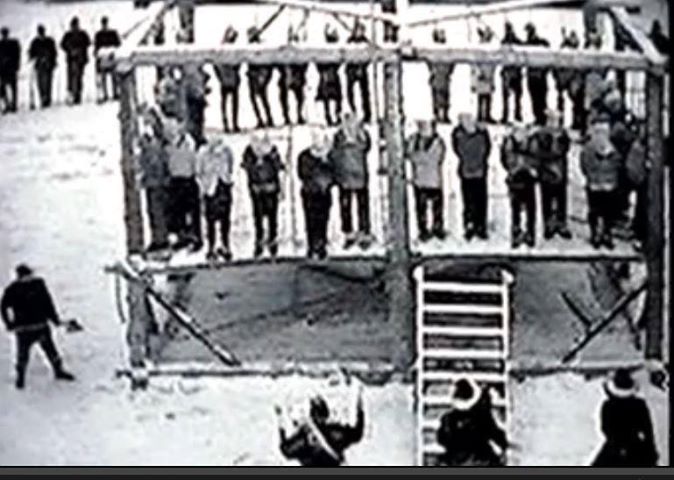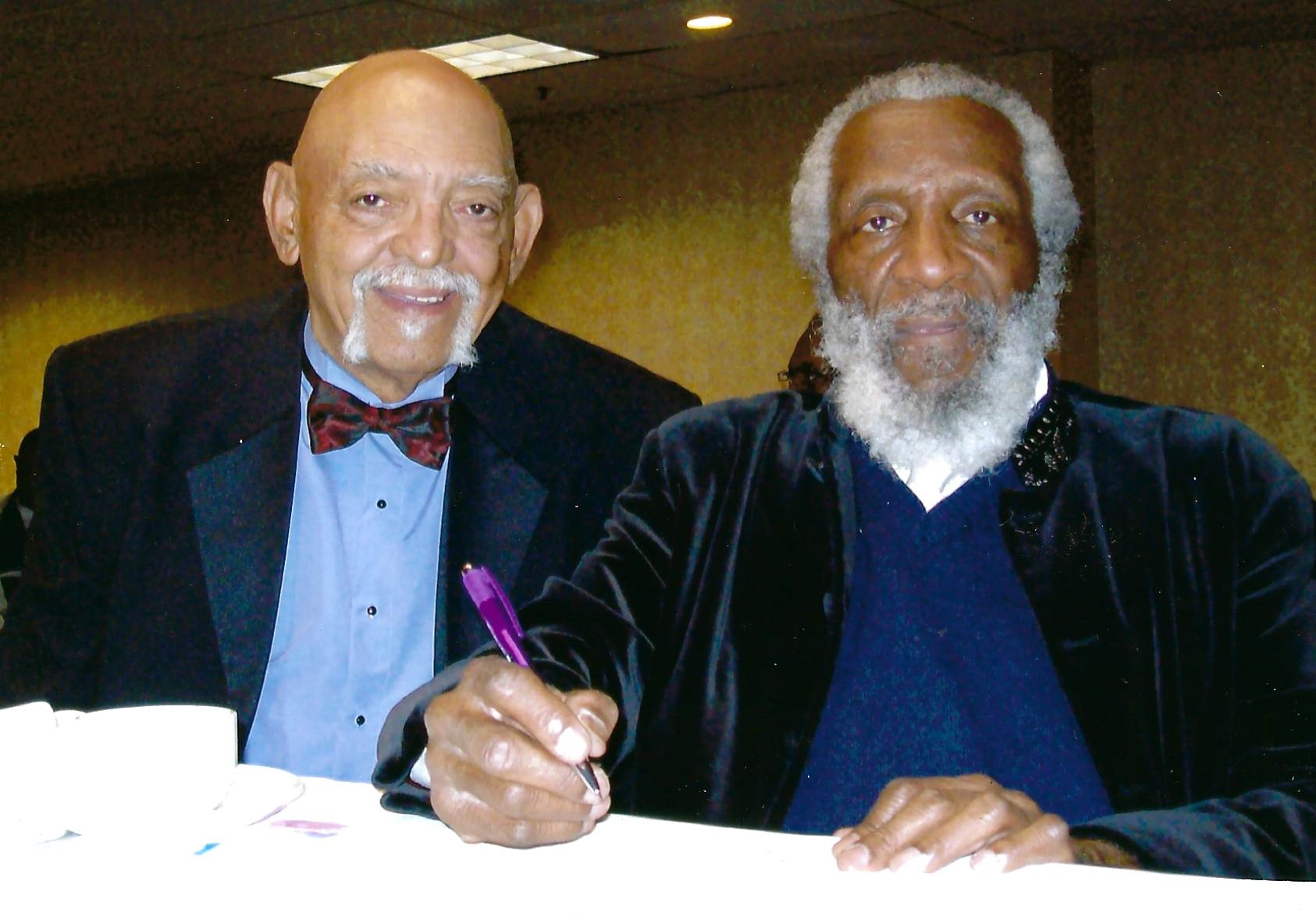
The nation has drawn a line in the sand over this time in race relations. Perhaps it’s over the rise in White Nationalism and bigotry and perceived support by President Donald Trump. Seems improbable that we would as a nation find ourselves in this position. People of all colors are rising up to oppose the purveyors of hate and many of them have put confederate statues right in their cross-hairs for removal. But, not so fast.
What about statues on private land by private investors? Where does free speech play a part in this debate? Do we only honor free speech when it supports all that is good and decent? No, it is the challenge of this great nation that free speech belongs to everyone, so long as it doesn’t hurt anyone else or incite others to violence.
The lines and rationale can get pretty blurry, but the courts keep the lines pretty clear for most people. But, what about hateful or controversial messages with public money? That maybe a bridge too far.
Should public money be spent on the glorification of those who waged war on the Union of states? Should monuments be placed on public squares, schools and county courthouses? For sure there is not one answer or solution because of public support in some areas, state laws forbidding taking down statues of a historical nature and the cost of removing them.
Oklahoma doesn’t have a law against removing statues, but the confederate love for the rebel generals runs deep in some communities. On the other hand, in Oklahoma’s urban centers there is discussion going on to study the issue.
In Oklahoma City, Attorney Kyle Sweet has agreed to pay for the removal of confederate officers’ names from Oklahoma City schools; in Tulsa, a petition has prompted the school system to study Lee Elementary named after Robert E. Lee, and other names.
Other schools getting the once over are Jackson Elementary (named after anti Indian President Andrew Jackson), Lindbergh Elementary (who promoted Hitler and Nazi policies), and Wilson Teaching and Learning Academy named after President Woodrow Wilson who was a known racist, who pushed Jim Crow laws.
Jackson has already been removed from the twenty-dollar bill in favor of Harriet Tubman. But, despite his checkered past, Jackson has an honored place in Trump’s oval office.
Most of the signatories for the Declaration of Independence were former slave-owners and not everyone on Mount Rushmore is squeaky clean. Abraham Lincoln ordered the largest mass hanging in American history when he ordered 38 Dakota Indians hung in Minnesota. Also, Columbus Elementary named after Christopher Columbus who some say was the father of slavery and set in motion the beginning of genocide against Native Americans. A relevant question is at one point do we stop tearing down statues and begin healing still fresh racial wounds?
This is no simple or easy question and one that some hope would ease the racial divide. For a nation that is starting to settle their differences with fists and clubs, this might invite trouble. Rationale heads must prevail at this crossroads in our country’s difficulty with race relations.
The Oklahoma Eagle believes those statues glorifying the confederacy or slavery should not be on any property paid for by the public except in a historical setting like a museum or private lands. While they are certainly pieces of American history, that in of itself is not enough to support it sitting on public lands or to be created with tax dollars, but be in a museum, or on private property; that certainly is an option.
Then there is the alternative of tearing down statues, and instead replacing them with forgiveness. As great leaders like former Atlanta Mayor Andrew Young said this weekend, there is little to gain from tearing down statues. That reconciliation is difficult if the result is tearing down the images of leaders. That healing will come when all can sit down and talk about any plan to remove pieces of history; even that history which is repugnant to many thoughtful Americans.
Anyone can burn down a barn, but we appeal to our greater angels when we put the past truly behind us and proceed with the knowledge that while this country has not lived up to its lofty language of equality, it is a goal worth striving to even in the storm.









